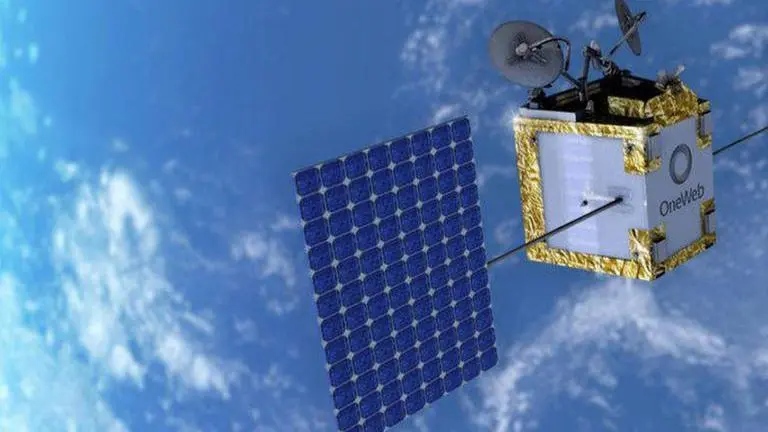Updated 30 May 2022 at 23:18 IST
ESA announces world's first mission to remove defunct satellites from low-Earth orbit
ESA introduced the Sunrise Programme wherein a spacecraft will be built to capture multiple defunct satellites from the low-Earth orbit.
- Science News
- 2 min read

The problem of space debris is growing exponentially and this has raised concerns for global space agencies about the future of existing and functional satellites as well as the International Space Station (ISS). To ensure that there is no more addition to thousands of rogue spacecraft and debris pieces in the low-Earth orbit (LEO), the European Space Agency (ESA) has introduced its new mission - the Sunrise Programme.
In its statement, the agency said that under this mission, the satellites will be removed from orbit after they reach the "end of their operational service".
The world’s first mission to remove several small telecommunications satellites from orbit once they reach the end of their operational service is about to start building and testing its prototype spacecraft.
— ESA (@esa) May 27, 2022
👉 https://t.co/IQtdc8nE6r pic.twitter.com/Qtkib5GQBj
According to ESA, the mission will soon enter its development stage as British in-orbit servicing company Astroscale has joined the ESA Partnership Project with satellite operator OneWeb. The company will soon begin manufacturing the first commercial "servicer" prototype designed to capture multiple satellites in LEO.
How would the defunct satellites be eliminated?
Explaining the purpose of the mission, ESA said that Astroscale will develop a servicer spacecraft named "ELSA-M" which has been targeted for launch in 2024 for a demonstration mission. During the test, the "space sweeper" will remove multiple defunct satellites from orbit in a single mission.
Advertisement
If the demonstration ends in a success, Astroscale will start offering commercial services to companies that currently have active satellite constellations. ESA says that Astroscale will also provide the technology to make in-orbit servicing part of routine satellite operations by 2030.
UK Science Minister George Freeman emphasised in a statement that there is a need to reduce the cost of debris damage for satellite operators and ensure space is safe and sustainable.
Advertisement
"With thousands of satellites already in orbit and thousands more being launched every year, addressing the issue of space debris and finding new ways to remove defunct spacecraft and other types of space junk is of ever-increasing importance", Freeman said.
John Auburn, Astroscale's Managing Director revealed that the Sunrise Programme will be launched in three phases and the third phase will be an important step forward for ELSA-M, which would pioneer an in-orbit demonstration and the start of a commercial debris removal service.
"The ELSA-M in-orbit demonstration, planned for late 2024, will build on lessons learned from the ELSA-d mission and demonstrate our innovative rendezvous, capture and de-orbit capabilities with a full-size constellation client", he added.
Published By : Harsh Vardhan
Published On: 30 May 2022 at 23:18 IST
